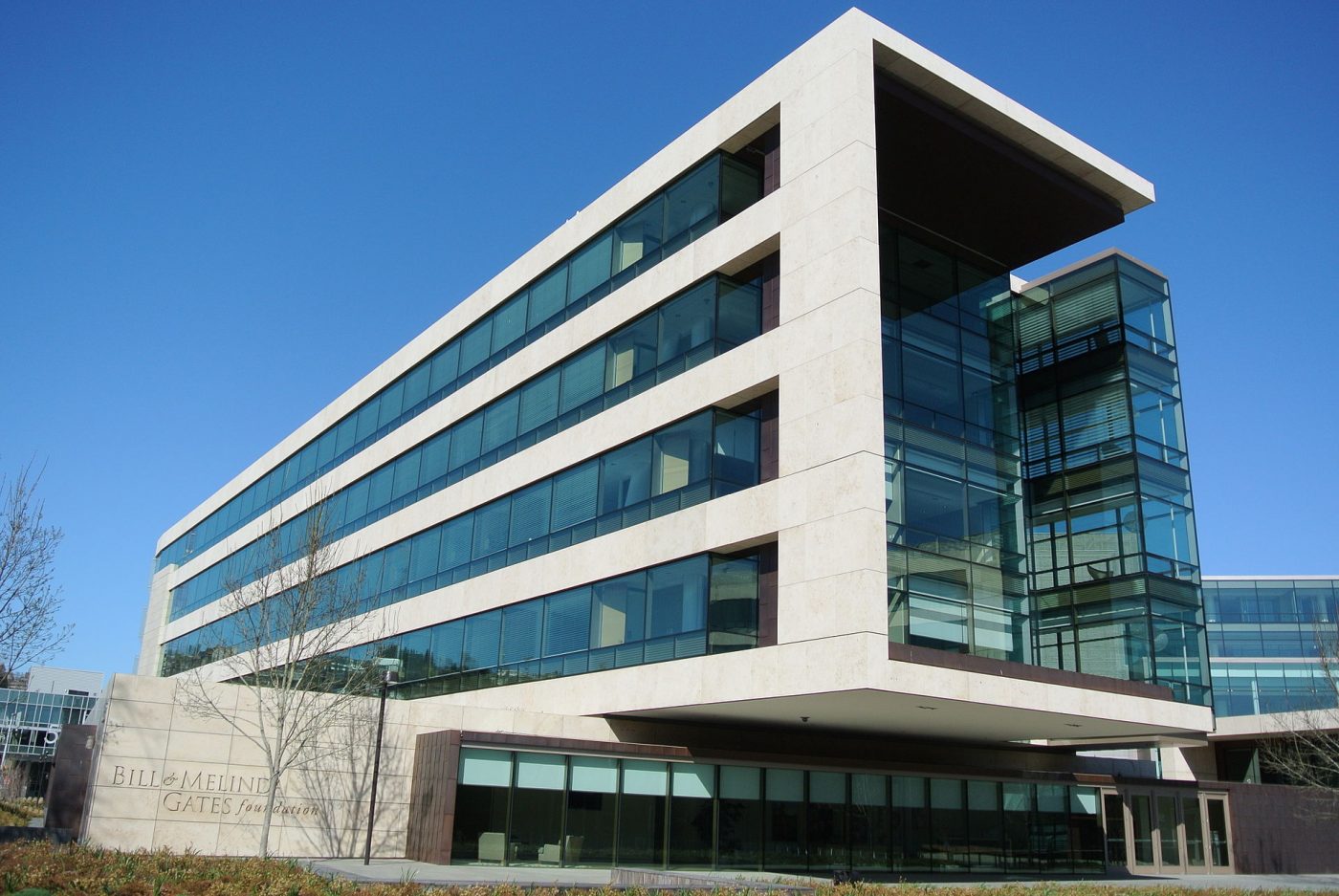ZURICH (IDN) – A new report has expressed grave concern about the huge amount of money and influence the Bill and Melinda Gates Foundation (BMGF) wields, accused it of “dangerously skewing” development agenda, and called for the foundation to be the subject of an independent international review and evaluation.
The report by the UK-based campaign group Global Justice Now doubts that the Gates Foundation is “always a force for good”, and wants an independent evaluation to be managed and administered by the Development Assistance Committee of the OECD, by involving a transparent commissioning process and including the participation of various stakeholders, notably those affected by foundation-funded projects.
The Global Justice Now also wants the UK’s International Development Select Committee to conduct an inquiry into the Department of International Development’s relationship with the Bill and Melinda Gates Foundation “to assess the impact and effectiveness of any joint activity in addressing poverty and inequality”.
The Global Justice Now report has been released at the same time that Bill Gates is promoting what the campaign calls a brand of ‘philanthrocapitalism’ at the World Economic Forum (WEF) in Davos, Switzerland.
With assets of $43.5 billion, the BMGF is the largest charitable foundation in the world. It is arguably the most influential actor on issues of global health and agriculture, and distributes more aid for global health than any government.
But critics argue that this concentration of power is undemocratically and unaccountably skewing the direction of international development in a controversial direction. The report, Gated Development – Is the Gates Foundation always a force for good? contends that this could end up exacerbating global inequality and entrenching corporate power internationally.
The influence of the foundation is all the more dangerous because numerous NGOs and agencies that are critical of many aspects of BMGF’s operations stay silent because of the money they are receiving from the programme, warns the report.
The Global Justice Now report raises a series of criticisms including:
– The relationship between the money that the foundation has to give away and Microsoft’s tax practices. A 2012 report from the U.S. Senate found that Microsoft’s use of offshore subsidiaries enabled it to avoid taxes of $4.5 billion – a sum greater than the BMGF’s annual grant making ($3.6 billion in 2014).
– The close relationship that BMGF has with many corporations whose role and policies contribute to ongoing poverty. Not only is BMGF profiting from numerous investments in a series of controversial companies which contribute to economic and social injustice, it is also actively supporting a series of those companies, including Monsanto, Dupont and Bayer through a variety of pro-corporate initiatives around the world.
– The foundation’s promotion of industrial agriculture across Africa, pushing for the adoption of GM (genetically modified), patented seed systems and chemical fertilizers, all of which undermine existing sustainable, small-scale farming that is providing the vast majority of food security across the continent.
– The foundation’s promotion of projects around the world pushing private healthcare and education. Numerous agencies have raised concerns that such projects exacerbate inequality and undermine the universal provision of such basic human necessities.
– BMGF’s funding of a series of vaccine programmes that have reportedly lead to illnesses or even deaths with little official or media scrutiny.
In view of this, Polly Jones, the head of campaigns and policy at Global Justice Now said: “The Gates Foundation has rapidly become the most influential actor in the world of global health and agricultural policies, but there’s no oversight or accountability in how that influence is managed.”
She added: “This concentration of power and influence is even more problematic when you consider that the philanthropic vision of the Gates Foundation seems to be largely based on the values of corporate America.”
The foundation is relentlessly promoting big business-based initiatives such as industrial agriculture, private health care and education, she declared. “But these are all potentially exacerbating the problems of poverty and lack of access to basic resources that the foundation is supposed to be alleviating.”
“Even if we were to satisfy ourselves that the Gates Foundation were utterly benign, it would still be worrisome that they wield such enormous propaganda power,” said Mark Crispin Miller, professor of media, culture and
communications at New York University.
The Global Justice Now sent a copy of the report in advance of its publication to the Foundation. Their response on page 43 of the study, which says, among others that it “misrepresents the foundation, our work and our partnerships”.
According to the BMGF, its mission is to improve quality of life for the world’s poorest people. “This is a complex challenge, and solving it will require a range of approaches as well as the collaboration of governments, NGOs, academic institutions, for-profit companies and philanthropic organizations.”
The Foundation adds in its response to criticism: “The good news is that…we’ve made incredible progress. Since 1990, the world has cut extreme poverty, child mortality and malaria deaths by half, reduced maternal mortality by nearly 50 per cent, and driven new HIV infections down by 40 per cent. We believe that the next fifteen years will bring even more significant improvements.”
Responding to an important point of criticism, the Foundation says in its response: “We were one of the first foundations to join the International Aid Transparency Initiative (IATI), and our reporting to the Organization for Economic Co-operation and Development (OECD) and International Aid Transparency Initiative (IATI), as well as our Open Access policy, reflect our commitment to the open exchange of information.”
It adds: “It’s important to note that the endowment that funds the Gates Foundation is independently managed by a separate entity, the Bill & Melinda Gates Foundation Trust. Foundation staff have no influence on the trust’s investment decisions and no visibility into its investment strategies or holdings, other than through what is publicly available via required public disclosures.” [IDN-InDepthNews – 21 January 2016]
Photo: Front building of the Bill and Melinda Gates Foundation in Seattle. Source: Wikimedia Commons.

